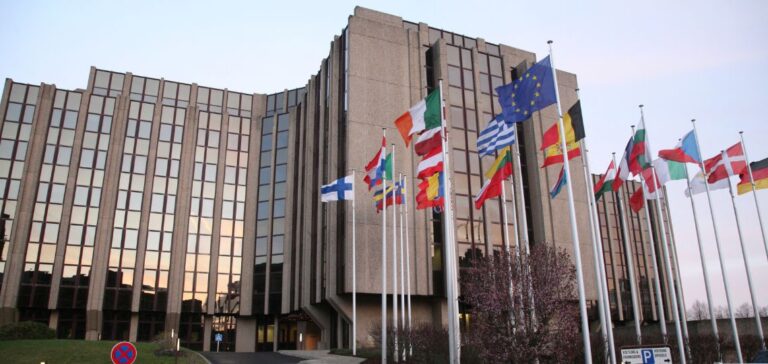The European Union has had mixed success in laying the foundations for a renewable hydrogen market, according to a recent report by the European Court of Auditors (ECA). Although the European Commission has taken several positive steps, challenges remain along the hydrogen value chain. The auditors estimate that the EU is unlikely to meet its 2030 targets for the production and import of renewable hydrogen. They call for a readjustment to ensure that these objectives are realistic, and that strategic choices do not compromise the competitiveness of key industries or create new dependencies.
Renewable, or “green”, hydrogen is of significant importance to the future of key EU industries, as it can help decarbonize hard-to-electrify sectors such as steel production, petrochemicals, cement and fertilizers. It can also help meet the EU’s 2050 climate targets of zero carbon emissions, and further reduce the EU’s dependence on Russian fossil fuels.
Ambitious goals and persistent challenges
The Commission has set very ambitious targets for the production and import of renewable hydrogen: 10 million tonnes each by 2030. These objectives, motivated more by political will than by robust analysis, have got off to a rocky start. The divergent ambitions of member states were not always aligned with these objectives, and coordination between member states and industry failed to ensure that all parties were moving in the same direction.
On the other hand, the auditors recognize the Commission’s efforts to propose most legislative acts within a short timeframe. The legal framework is almost complete, which is essential for establishing a new market. However, defining the rules for renewable hydrogen has taken time, delaying many investment decisions. Project developers are also reluctant to invest, as supply depends on demand and vice versa.
Financial and Strategic Challenges
Creating a hydrogen industry in the EU requires massive public and private investment, but the Commission does not have a complete picture of what is needed or what public funding is available. EU funding, estimated by the auditors at €18.8 billion for the period 2021-2027, is scattered across several programs, making it difficult for companies to determine which type of funding is best suited to a given project. The most advanced member states in terms of planned projects, such as Germany, Spain, France and the Netherlands, use the bulk of EU funds.
The auditors call on the Commission to update its hydrogen strategy, based on a careful assessment of three important areas: how to calibrate market incentives for the production and use of renewable hydrogen; how to prioritize scarce EU funding and which parts of the value chain to focus on; and which industries the EU wants to retain and at what price, given the geopolitical implications of EU production versus non-EU imports.
The production of renewable hydrogen, using either renewable electricity or biomass, is one way of making the EU’s heavy industries more climate-friendly. However, it comes with its own challenges, not least the cost of production, and the need for renewable electricity and water. In 2022, hydrogen will account for less than 2% of Europe’s energy consumption, with most of the demand coming from refineries. According to the report, demand is unlikely to reach 10 million tonnes by 2030, let alone the 20 million tonnes initially envisaged by the Commission.
The future outlook for the hydrogen industry in Europe is uncertain, and requires a strategic readjustment to ensure sustainable, competitive growth. The EU needs to assess its objectives pragmatically, to avoid compromising its key industries or creating new strategic dependencies.






















